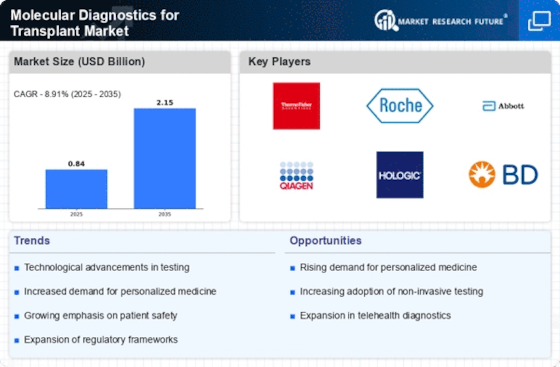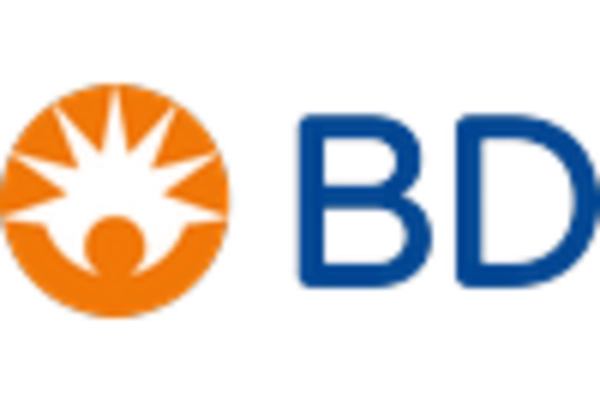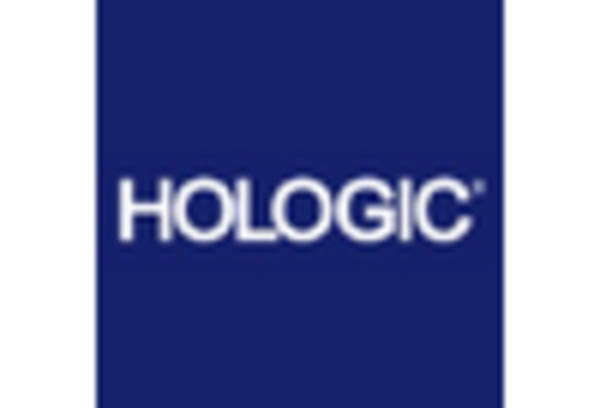Market Share
Molecular Diagnostics for Transplant Market Share Analysis
In 2020, global estimates from GLOBOCAN 2020, compiled by the International Agency for Research on Cancer (IARC), indicated approximately 19.3 million new cancer cases and around 10.0 million cancer-related deaths worldwide. The molecular diagnostics for transplant market is also significantly influenced by the increasing cases of COVID-19. According to the Organ Procurement & Transportation Network (OPTN), the US witnessed 41,354 organ transplants in 2021, marking a 5.9% increase from 2020 and the first time the annual total exceeded 40,000 in the country. This rise in transplant procedures is a key driver for market growth. Governments worldwide are increasingly focusing on promoting organ donation and transplantation. In 2022, the National Organ Transplant Programme (NOTP) of the Government of India initiated a program to encourage organ donation and transplantation across the country. The program encompasses financial support for establishing State Organ and Tissue Transplant Organizations (SOTTOs) in each State/UT, setting up National/Regional/State Bio-material centers, establishing new Organ Transplant/retrieval facilities, strengthening existing Organ Transplant/retrieval facilities, providing Transplant Coordinators to medical colleges and trauma centers, supporting the maintenance of deceased donors, ensuring dignified funerals for deceased donors, and offering post-transplant immune-suppressant drugs to Below Poverty Line (BPL) patients. Similarly, other governing bodies are adopting such programs to enhance public awareness about organ donations and transplantations. These initiatives and promotional campaigns are expected to present significant opportunities in the field. As medical advancements continue, there's a growing emphasis on enhancing organ transplantation technologies. Innovations in molecular diagnostics play a pivotal role in ensuring successful transplants. The precision and reliability offered by techniques like Polymerase Chain Reaction (PCR) and Next-Generation Sequencing (NGS) contribute to improved compatibility assessments and post-transplant monitoring. These technologies enable a closer examination of a patient's genetic makeup, aiding in Human Antigen Leucocyte (HLA) testing essential for transplantation. The rising integration of these advanced diagnostics enhances transplant outcomes and aligns with the increasing demand for organ transplants globally. Governments and healthcare organizations are recognizing the significance of fostering these advancements to address the rising challenges posed by chronic diseases and infectious agents.



















Leave a Comment